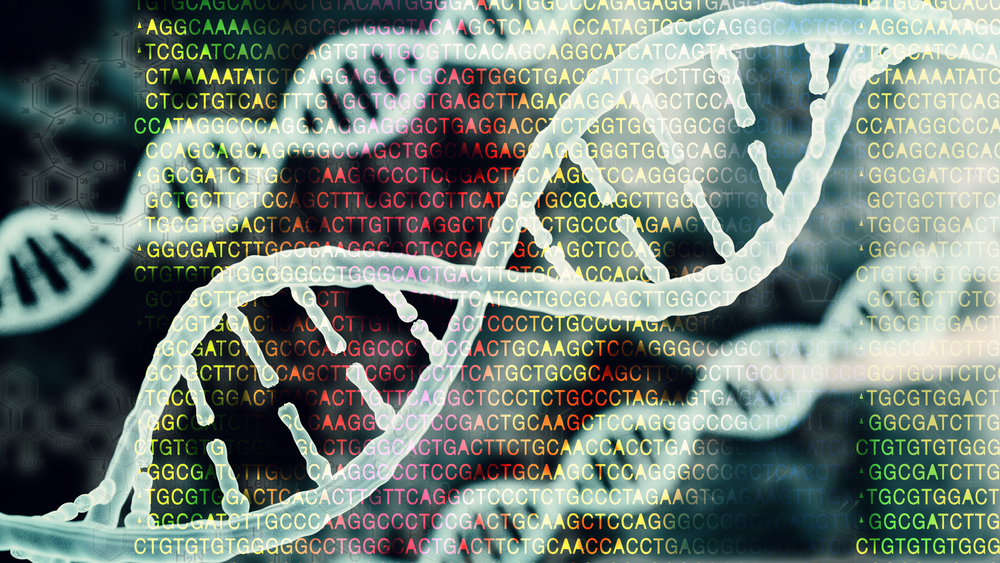Rare Variants of ABCC8 Gene Identified in Spanish PAH Patients

Rare variants of the ABCC8 gene were found among pulmonary arterial hypertension (PAH) patients in Spain, a study reports.
The variants, or mutations, are predicted to alter the SUR1 protein that the ABCC8 gene provides instructions to make, but exactly how these variants might affect PAH remains unknown.
The study, “Characterization of rare ABCC8 variants identified in Spanish pulmonary arterial hypertension patients,” was published in Nature Scientific Reports.
ABCC8 previously was reported to be associated with PAH through loss-of-function mutations. This kind of mutation inactivates proteins or prevents their production.
SUR1 protein forms one component of the K-ATP potassium ion channel. Ion channels allow specific charged ions to cross the cell membrane. Mutations in several ion channels have been associated with PAH and potential therapies targeting them have been proposed.
Now, a team of Spanish researchers sought more information on loss-of-function mutations in ABCC8 by looking for patients carrying mutations in that specific gene in the Spanish PAH Registry (REHAP), and then characterizing those mutations in the lab.
The team analyzed records of 579 adult and 45 pediatric PAH patients, and 120 first-degree relatives (parents, offspring, or siblings). From this group, 11 patients had ABCC8 mutations (1.76% of the patients analyzed).
The mean age of these 11 patients was 34 years, six were female, and five were diagnosed with idiopathic PAH — meaning the cause of their condition was unknown.
Each of these patients carried a different variant of the gene. Five variants had been described in diabetes or congenital hyperinsulinism, while the rest had no known association with disease. None of the patients carrying the mutation related to congenital hyperinsulinism showed signs of that disorder.
The investigators estimated each variant’s disease-causing potential, or pathogenicity, based on criteria from the American College of Medical Genetics and Genomics (ACMG).
Based on this analysis, two variants were classified as pathogenic, six as likely pathogenic, and three were of uncertain significance.
The team then examined nine variants in greater detail, looking for evidence of alternative gene splicing. Alternative splicing enables a single gene to make different proteins depending on the exons — portions of a gene that instruct making amino acids, the building blocks of proteins — included in the final protein-making instructions. Mutations that alter gene splicing can generate unstable proteins or no protein at all.
Researchers found that four ABCC8 variants did not alter splicing, while one variant caused an exon to be skipped. The investigators could not determine whether the remaining five variants cause alternative splicing.
Further analysis of the altered proteins’ predicted structures suggested that two of them likely would be unstable.
A patient carrying one of the likely pathogenic variants also had a mutation in the SMAD1 gene. Since some evidence links mutations in SMAD1 to PAH, the investigators hypothesized that both mutations could drive PAH in this patient.
Although the experiments carried out in this study, which used cultured cells, showed an association between mutations in ABCC8 and the likely loss of SUR1 protein function, studies in animals will be needed to confirm the link between ABCC8 loss of function and PAH.
SUR1 is found mainly in the pancreas, but it also is detectable in the lungs, pulmonary arteries, and the atrium of the heart.
“Therefore, the only way to link the loss of function in ABCC8 with PAH is if it induces a vasoconstrictor effect,” the researchers wrote.
“In conclusion, we report eleven novel changes in ABCC8 gene found in PAH patients. Thanks to in vitro biochemical analyses and [computational] tools we were able to classify them according to ACMG: two as pathogenic, six as likely pathogenic and three as [variants of uncertain significance],” the team wrote.







